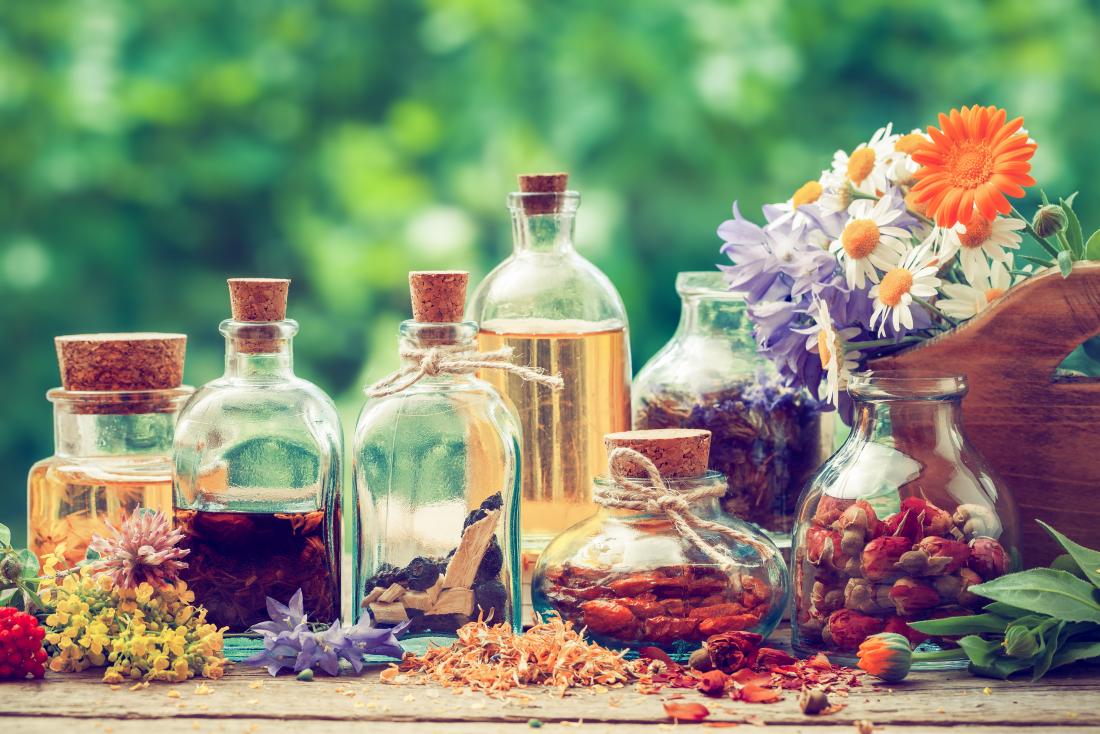
Herbs and spices are powerful ingredients in beauty products that soften and digest skin cells, provide antibacterial support, promote circulation and help heal skin.
There are many herbs that have specific benefits for different skin types and concerns, so it’s important to know which herbs to include in your skincare routine. It’s also a great idea to create your own herbal skin care products.
What are the Best Herbs for Different Skin Types and Concerns?
Herbs have been used for centuries to heal, soothe, and beautify skin. These herbs can be found in herbal skin care products such as salves, soaps, and other treatments.
Neem, for example, is a powerful herb that fights inflammation, infections, acne, rashes, blemishes, and boils. It is also anti-aging and helps reduce the appearance of wrinkles, aging, dry skin, and rosacea.
Calendula has been used to treat acne, psoriasis, rashes, and other skin problems. It has been shown to help treat inflammation and promote the growth of new cells in the skin.
If you have hormonal imbalances that contribute to your skin breakouts, try taking a tincture of vitex agnus-castus (chaste tree berry) as it supports regulating your hormones and bringing balance back to your system. The tincture is also anti-inflammatory and detoxifies the blood, removing impurities that may cause breakouts in the first place.
Herbs for Oily Skin
Ayurvedic herbal skin care products contain herbs that are astringent, which tighten the pores and tone the skin. These astringent herbs are often used for treating oily skin, though they can also help with dry and inflamed skin, as well.
Another astringent herb that is used for oily skin and acne is witch hazel bark, which can reduce overproduction of sebum by the sebaceous glands. It contains plant compounds called tannins that can also help remove excess oil from your skin.
White willow bark is also an astringent that can decrease overproduction of sebum. It is also a natural antiseptic and has been known to kill acne-causing bacteria.
Honey is a staple in almost every home remedy for oily skin, and it can do wonders for reducing oiliness and clearing pores. It also moisturizes without making your skin too oily.
Clay masks are another great treatment for oily skin. You can use French green clay, bentonite clay, or rhassoul clay to absorb excess sebum and help keep your complexion clear. You can even mix clay with almond flour or ground oats and apply it as a face scrub.
Herbs for Dry Skin
Herbs can help soothe dry skin in a variety of ways. They can improve the condition of your skin and even make it look healthier, as they contain mucilage polysaccharides and proteins that work together to hydrate and soften skin.
The first step in treating dry skin is to use a moisturizer that rehydrates the top layer of your skin and seals in that moisture. These products typically contain three main types of ingredients: humectants, which attract moisture; emollients, which smooth the skin; and antioxidants.
A creamy emulsion or balm made with easily absorbed oils such as sunflower and macerated in water based extracts and herbs that promote hydration like calendula and helichrysum can be especially helpful for dry skin.
Herbs that contain antibacterial, anti-inflammatory and antifungal properties can help heal the underlying causes of dry skin, including blemishes and rashes, as well as redness, irritation, itching and inflammation. Neem oil and neem leaves (Azadirachta indica) are among the most effective of these herbs, which can be used to treat a wide range of skin ailments.
Herbs for Inflamed Skin
Herbs are a natural ingredient that can enhance the effectiveness of your skincare routine and use naturally occurring ingredients to improve your skin health. Herbs can soothe itchy, irritated, or eczema-prone skin and help with wound-healing to promote healthy skin cells.
Anti-inflammatory herbs are powerful in reducing the inflammation that can cause acne, psoriasis, rosacea, and other skin conditions. They reduce inflammation caused by oxidative stress and stimulate the body's natural antioxidants to protect against free radical damage.
Emollient Herbs soften and moisturize the skin, allowing it to heal more effectively. They also provide a protective layer of mucilage that softens and soothes dry, itchy skin.
The herb comfrey, for example, is super soothing to the skin because it contains allantoin, which promotes new skin cell growth and relieves dryness. Whole comfrey extracts are better than isolated allantoin because they contain several compounds that work together to boost the overall effectiveness of this ingredient.
Frequently Asked Questions
Should You Use Herbs and Spices for Brain Health?
Herbs and spices have been used for centuries to improve brain health. Research shows that these natural remedies may help prevent dementia and Alzheimer's. Some herbs may even boost memory.
However, no scientific evidence proves that eating an herb-rich diet can keep your mind sharp. When it comes to improving cognitive function, there are more effective ways to do it.
One study found that older adults who took 1000 mg of vitamin B6 daily had fewer mental lapses than those taking placebo pills. Another study showed that drinking coffee could increase blood flow to the brain. Other studies suggest that exercise, socialization, and sleep improve brain health.
The bottom line is that herbs and spices probably won't make much difference to your overall health. But they might give you extra energy and focus, which can come in handy during the day.
What are the disadvantages of using herbs?
Herbs are a great way to keep your body healthy because they contain vitamins, minerals, antioxidants, enzymes, amino acids, phytonutrients, polyphenols, flavonoids, terpenes, essential oils, carotenoids, sterols, and sterolins. Some even contain cannabinoids.
But there are also lots of side effects associated with herbal remedies. For example, taking too much herb could cause liver damage or even death. Herbal supplements may interact with prescription drugs, which means that they might affect how well the drug works.
Some herbs can interfere with blood clotting, while others may increase bleeding when taken with anticoagulants (blood thinners).
There are also safety concerns for pregnant women and children.
The bottom line is that herbs aren't safe for everyone. If you're considering trying them out, do your homework. Look up each product's side effects and warnings and read reviews online.
Is eating raw basil good for you?
I'm sure everyone knows that fresh herbs are great for cooking but did you know that you could eat them too? Raw, uncooked herbs are packed full of nutrients and vitamins that we normally have to cook.
They contain more antioxidants than any fruit or vegetable. And they also help our immune systems stay strong and healthy.
The best way to enjoy these delicious little green gems is to eat them raw from the garden. But there's nothing wrong with enjoying them cooked, either. They taste even better when sautéed in olive oil and served alongside pasta or rice.
There are lots of ways to incorporate raw herbs into recipes. Add them to salads, soups, sandwiches, wraps, omelets, stir-fries, and pesto.
Just make sure you wash them well first!
What plant helps with infection?
There are plants out there that help fight infections. Some even contain anti-bacterial properties. One of them is mint.
Mint has been used for centuries to treat respiratory infections such as cold symptoms and flu. Mint also supports digestion and relieves gas pains. You may find relief with peppermint tea if you have an upset stomach. Peppermint oil has antibacterial properties, which make it effective against germs.
Peppermint tea contains menthol, beta-carotene, vitamin C, calcium, magnesium, iron, and potassium. These nutrients support healthy immune systems and provide energy to keep your body strong.
You can make peppermint tea at home by adding one teaspoon of dried mint leaves to boiling water. Let steep for five minutes and drink hot three times per day.
Or you can buy peppermint tea bags at any grocery store. Simply add two teaspoons of dried mint leaves to a cup of hot water. Steep for 10 minutes and strain. Drink hot three times per day for best results.
Which spices from the kitchen are used to cure diseases?
There are more than 4000 medicinal plants that are widely distributed throughout the world. Some of these plants contain active compounds that may help treat various ailments.
In India alone, there are more than 1000 species of herbs that are used for medical purposes. This includes Ayurvedic medicine, Unani medicine, Siddha medicine, Homeopathic medicine, and Chinese medicine.
The most common ingredient found in these medicines is ginger. Ginger contains volatile oils that give it its aromatic flavor. These oils contain anti-inflammatory properties that make them useful against arthritis, fever, vomiting, and indigestion.
Ginger also helps relieve nausea and stomach cramps caused due to pregnancy. Pregnant women often consume ginger tea to reduce morning sickness. Ginger is also commonly used for cough and cold relief.
Another spice that is known to have medicinal value is turmeric. Turmeric contains curcumin which has been shown to inhibit tumor growth. This makes it an effective cancer treatment.
Turmeric is also considered to be very beneficial for joint health. It relieves inflammation and stiffness associated with rheumatoid arthritis. It is also believed to prevent osteoporosis.
Garlic, too, is another herb that is extensively used in traditional medicine. Its healing qualities include treating infections, asthma, heart disease, and diabetes and even reducing cholesterol levels. Garlic oil is also used to treat wounds and insect bites.
Garlic is a natural antibiotic that fights bacteria and viruses. The antibacterial property makes it ideal for treating respiratory tract infections such as bronchitis and pneumonia.
It is also helpful in preventing urinary tract infections.
Other spices like cinnamon, cloves, nutmeg, cardamom, black pepper, ginger, cayenne, mustard seeds, fennel, and coriander are also used to treat different illnesses.
What is the difference between "regular" and smoked paprika powder?
Regular Paprika Powder (Piment d'Espelette) is an essential ingredient for our recipes. We use it for its intense flavor and color. It's also used as a spice and seasoning agent. Smoked Paprika Powder (Paprika Chorizo) adds a smoky taste and aroma to dishes. Both types of Paprika Powder come from Spain, where they grow the best peppers in the world.
Smoked Paprika Powder (Chorizo Paprika) is made from red peppers, which are dried slowly in special ovens. This gives them a rich flavor. They are then ground and mixed with salt, garlic, and spices.
Regular Paprika Powder (Espelette Paprika) is made by grinding green bell peppers without additives.
Which plant has antibiotic and wound-healing properties?
People often ask about plants that have medicinal uses. Some of these include aloe vera, eucalyptus, chamomile, and lavender. If you're wondering why there aren't any plants used for cleaning and disinfecting purposes, it's because most plants have toxic qualities.
The reason why we use herbs for medicine is that they contain compounds that stimulate our immune system. This means that they help us fight infections and heal wounds.
Some plants also have anti-inflammatory properties. These include ginger, turmeric, and mint.
Herbs such as basil, fennel, marigold, and oregano are great for cleansing the body.
There are even some plants that help prevent cancer. Research shows that black raspberries may reduce the chances of developing breast cancer. The same goes for broccoli. It can help prevent colon cancer.
Statistics
- The herbs market is highly competitive, with over 1,000 herb suppliers and over 15,000 herbs products available in the United States alone.
- Herbs are among the most popular and widely used medicinal remedies. According to a survey conducted by the National Institutes of Health, herbs were used by over 38% of adults in the United States.
External Links
amazon.com
ncbi.nlm.nih.gov
- Antioxidant capacity of 26 spice extracts and characterization of their phenolic constituents - PubMed
- Cinnamon: A Multifaceted Medicinal Plant - PMC
pubmed.ncbi.nlm.nih.gov
onlinelibrary.wiley.com
How To
How To Upcycle Herbs After Making Infusions, Oils, Tinctures, And More?
There are more ways to use herbs than you might realize. This is why it's essential to keep an open mind when learning how to make herbal infusions, oils, tinctures, and more.
You'll find that there are many methods for making these products, and even though they may seem similar, each method has its benefits.
For example, some methods include creating decoctions, boiling water or alcohol with the herb(s), and letting them simmer for a while. These infusions are solid and potent because they contain higher concentrations of active compounds.
Another type of infusion includes macerating the herb(s), which means soaking them in liquid for a few hours or even overnight. Macerations tend to produce milder results because the plant material isn't boiled.
Some cold-infused forms involve steeping herbs in cool liquids such as ice cubes or cold water. Cold infusions are gentler than hot ones, often used to treat minor ailments.
Herbal oil extraction involves heating the herb(s) to release the essential oils. You can either do this yourself or have someone help you out with it.
Finally, there are tinctures made by mixing herbs with alcohol. They're usually taken orally and are very effective for treating coughs, colds, and flu symptoms.
The best way to learn how to create infused products is to experiment with various techniques. Each technique offers a different potency and effectiveness, depending on the herb(s) you choose.
Once you've tried a few different methods, you'll begin to develop your preferences. In time, you'll be able to determine which techniques work well for you and which aren't worth pursuing.
Resources:
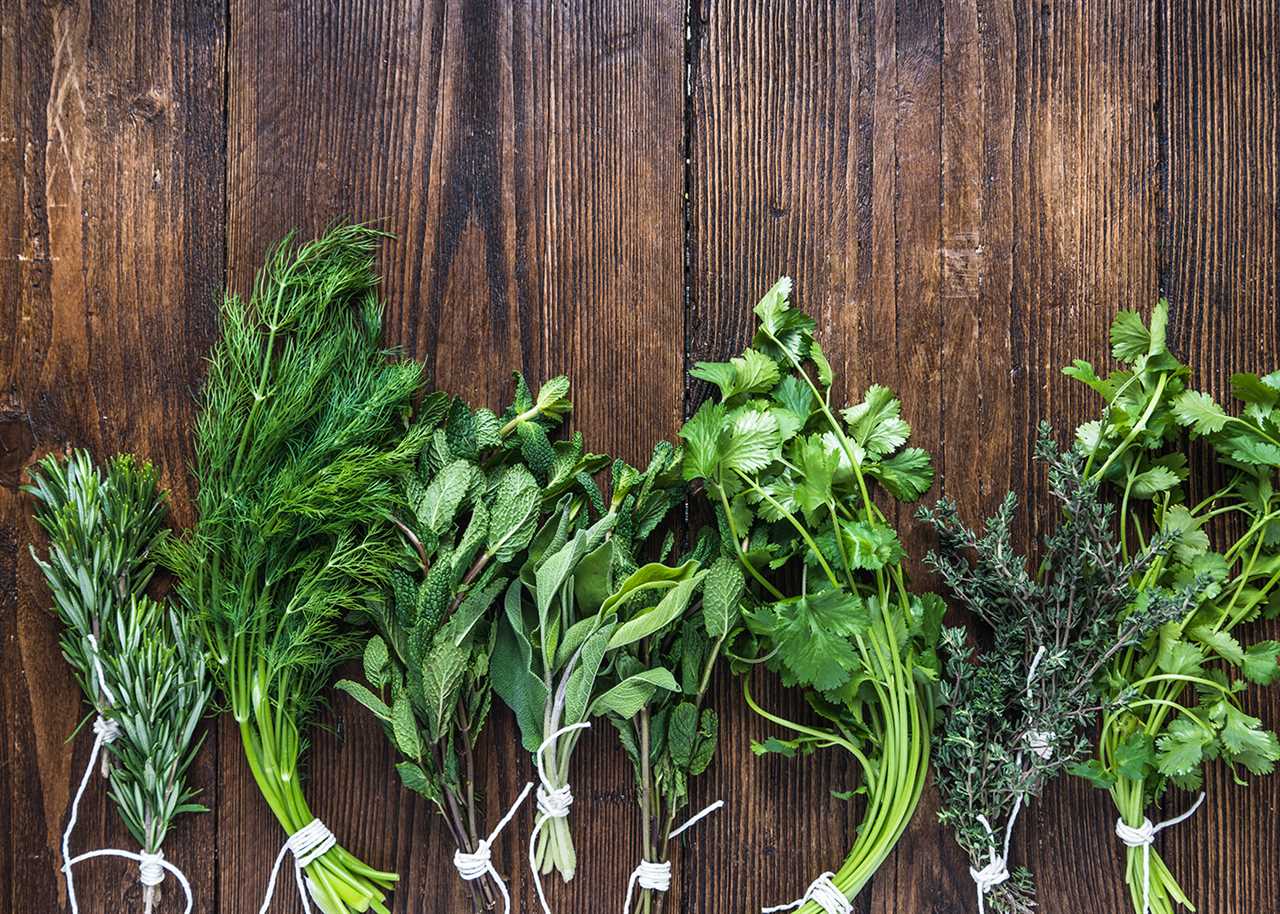 |
Mother in the Mountains: Picking Delicious Herbs for Soup, Country LifeMother in the Mountains: Picking Delicious Herbs for Soup, Country Life |
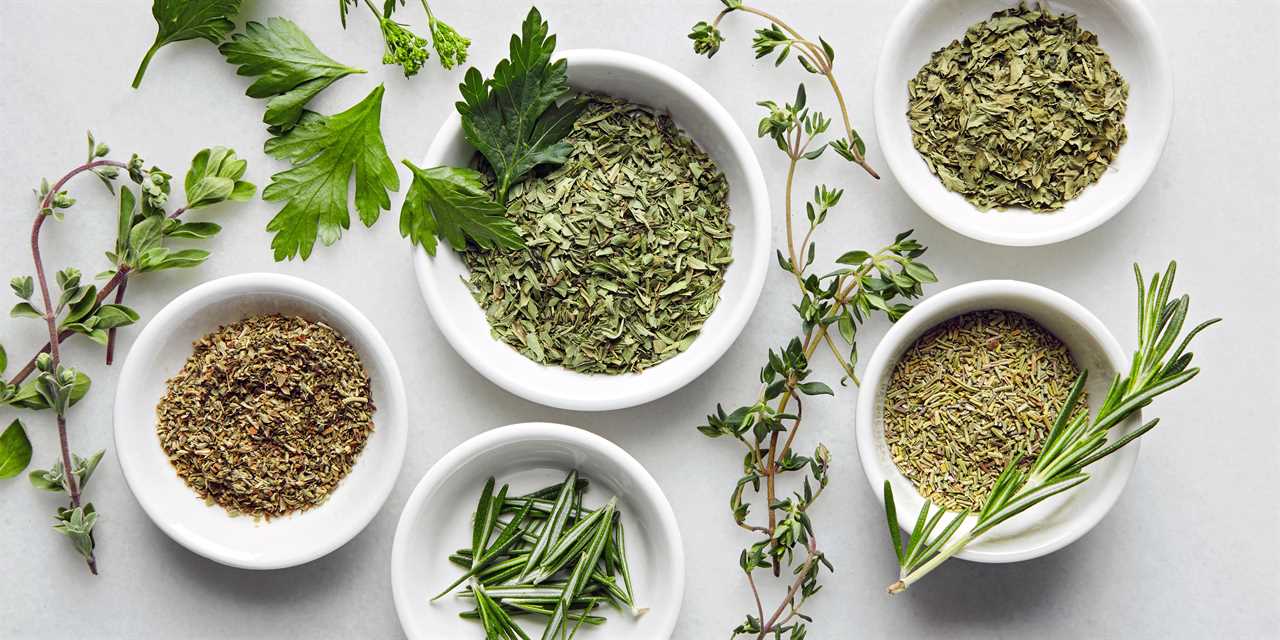 |
Gordon''s Guide To HerbsHerbs are a vital aspect of cooking, here is a quick guide to some herbs that are easily attainable. #GordonRamsay #Cooking Gordon Ramsay's Ultimate |
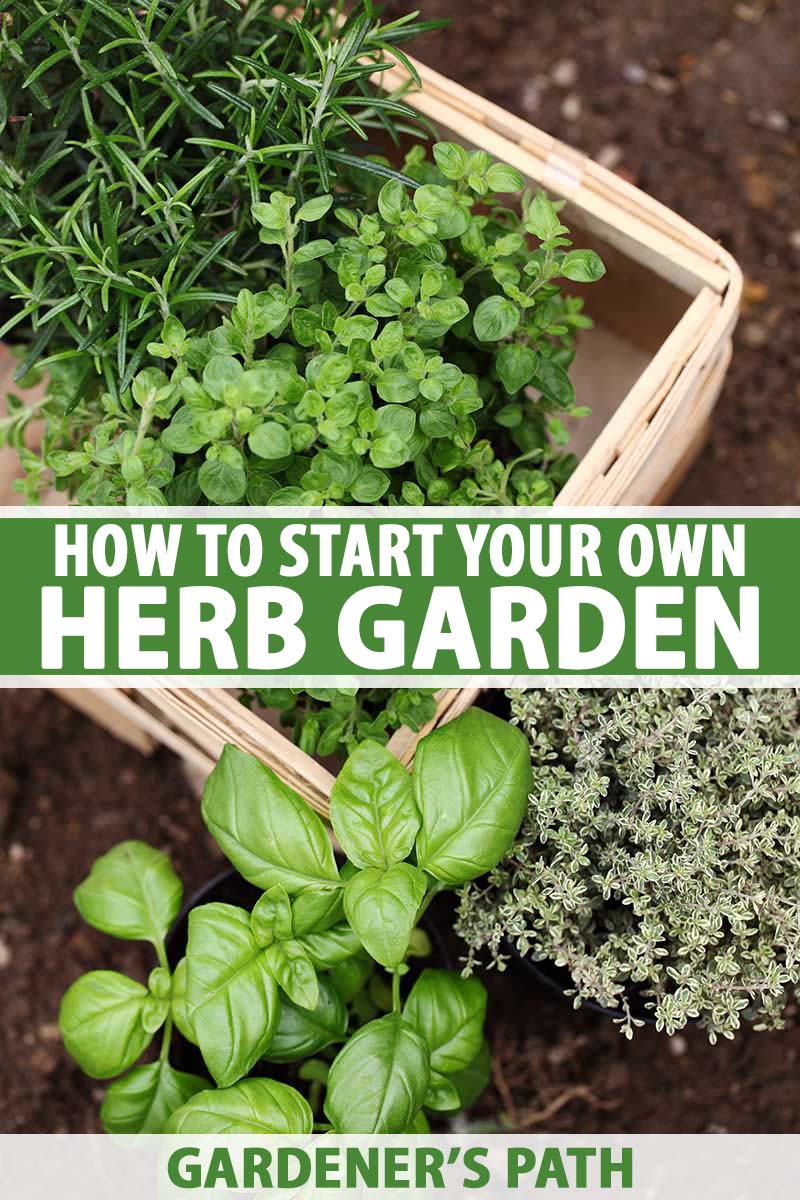 |
10 Vegetables and Herbs PERFECT for SHADE Garden SpotsLack of sunny garden spots got you down? We've got you covered! Here are 10 vegetables and herbs we've personally vetted will thrive - or at least tolerate - a |
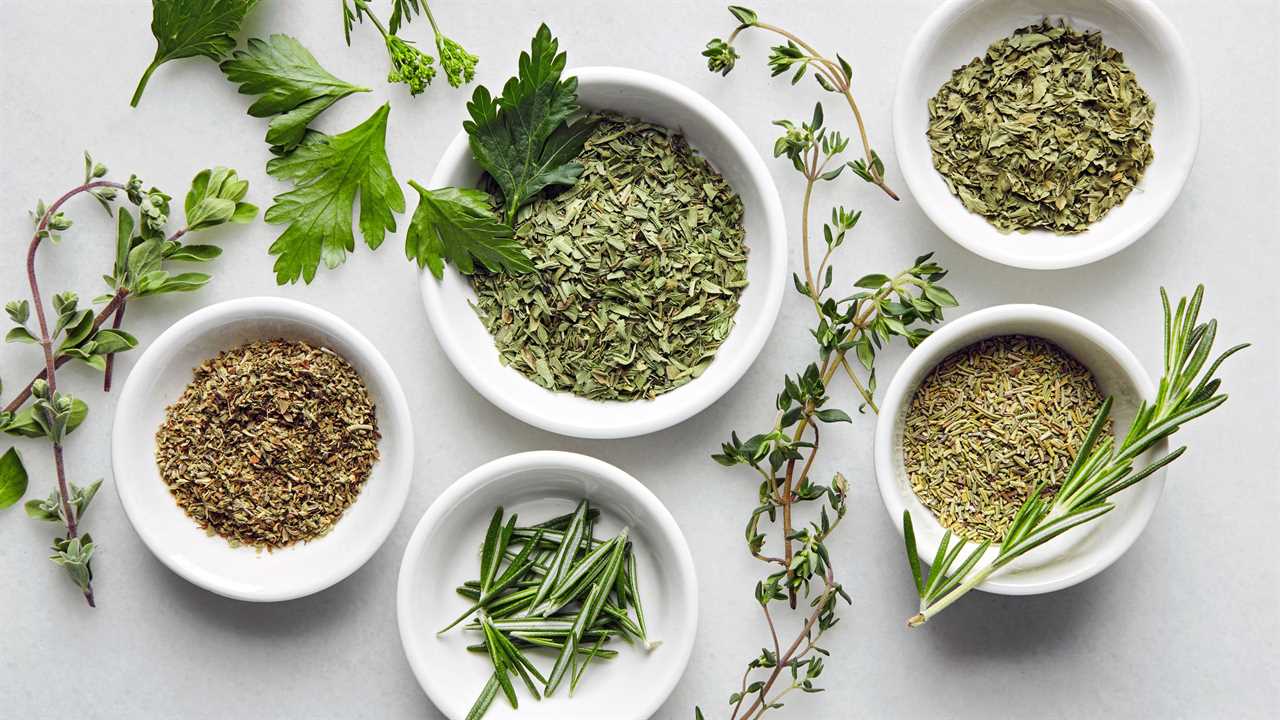 |
Planting Herbs in Containers: Oregano, Chives, Thyme, Mints, Basil, Sage, Rosemary, LavenderPlease Visit The Rusted Garden Seed & Garden Shop:: https://www.therustedgarden.com/ The basics for getting transplant herbs into your containers. It is a |
 |
Dr. Sebi''s Method for Cleansing and Revitalizing The Body - 2 Steps To HealingDr Sebi Methodology to Cleanse (Detox) and Revitalize the Body Download Dr. Sebi's Nutrition Guide: http://bit.ly/DrSebiNutritionGuide Website To Order |
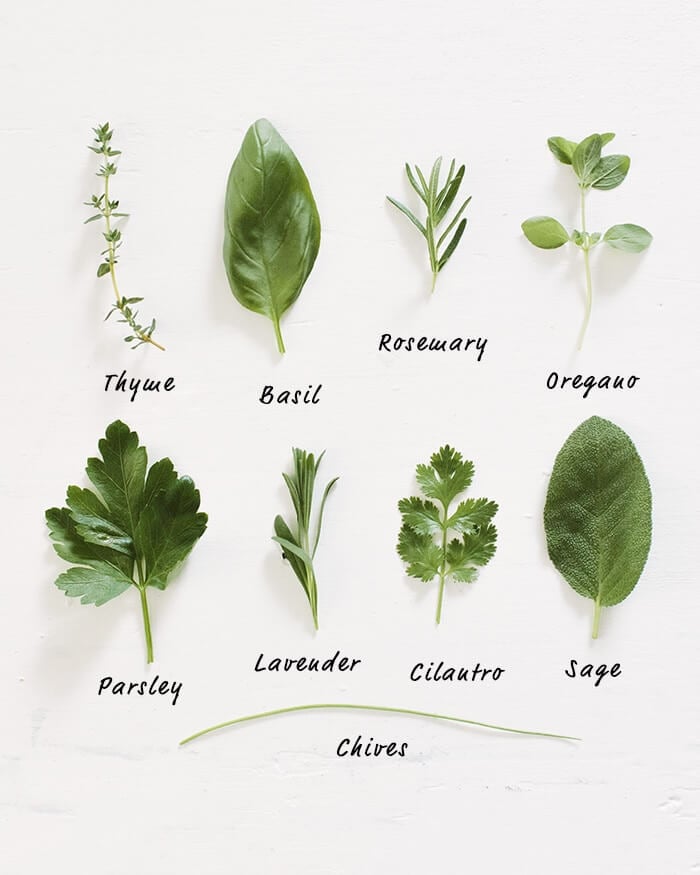 |
Salt Pepper and Herb Topped Chicken CrownSalt Pepper and Herb Topped Chicken Crown This Chicken crown comes from Aldi and is topped with salt, pepper and herbs, all adding to the flavour of the |
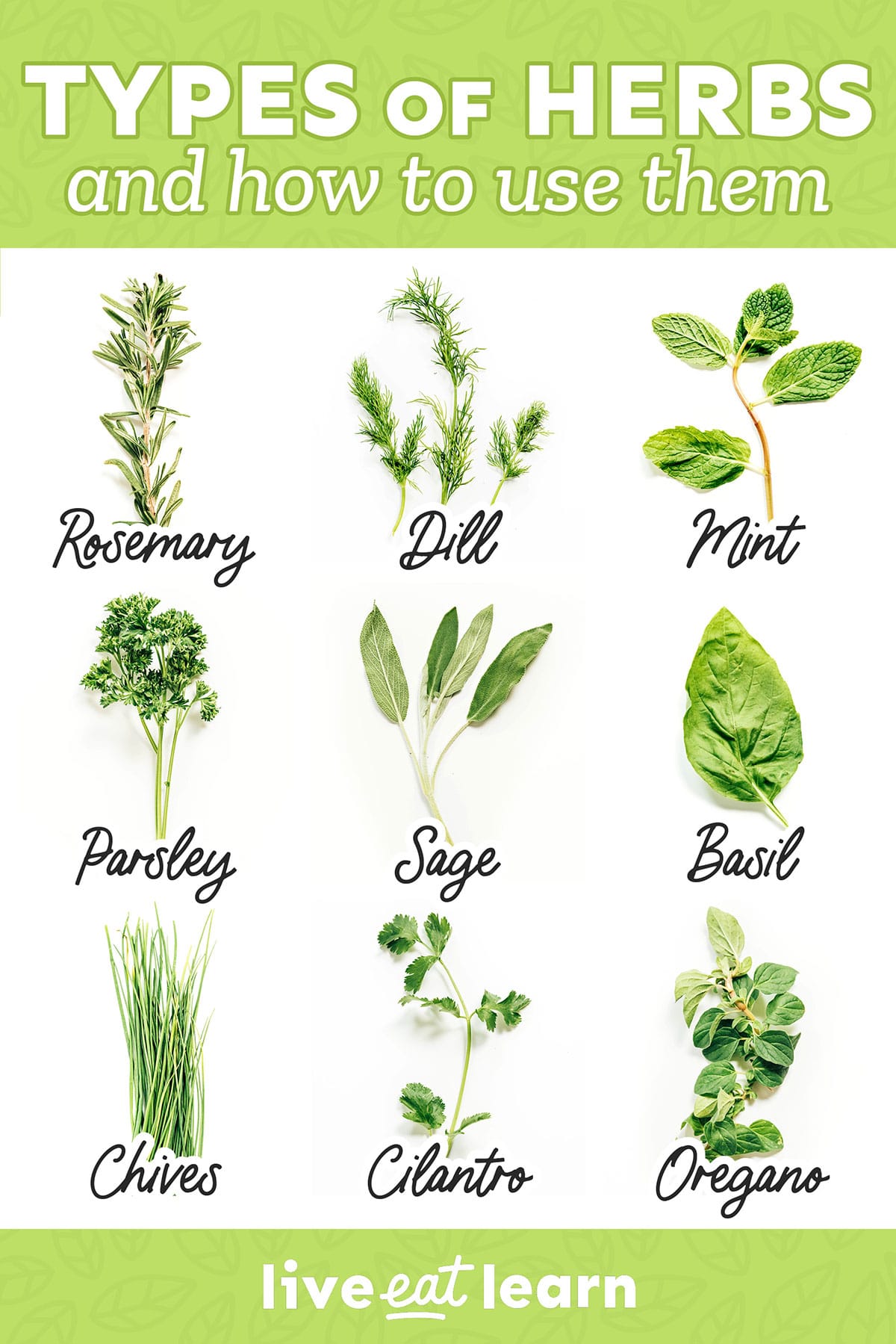 |
The Magick of Mugwort | Magickal Herbal Profile | Properties of HerbsToday I want to try a new format and share a magickal profile of an herb - starting with mugwort! Mugwort is a beautiful magickal herb with rich connections to |
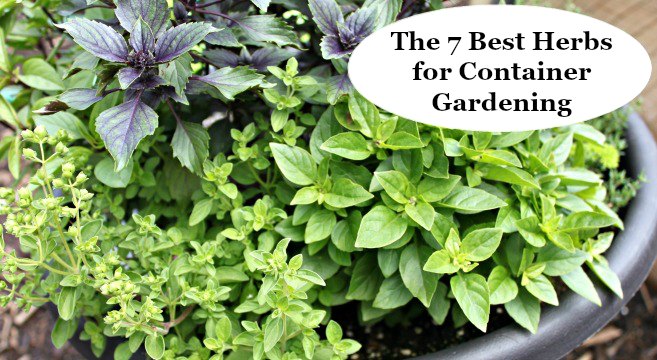 |
Harvesting and Drying Herbs for Teas and Cooking Easy Spring Dish, Cooking on NatureDear friends, today we would like to share with you Harvesting and Drying Herbs for Teas and Cooking Easy Spring Dish video, we really hope you enjoy this |
 |
Herbs: Deep Dive Into The World Of Alternative Medicine | Community ReportsThe use of herbal medicine has always been there with up to 80% of people worldwide relying on them for some part of primary healthcare. Dosage, regulations, |
 |
15 Medicinal Herbs and Their Uses for This Fall | Herb Garden TourThese 15 medicinal herbs are easy to grow at home! Join me for an herbal garden tour and learn which medicinal herbs and their uses I'm growing for use all |
 |
Tips For Dehydrating FoodsThe body reacts to dehydration by stimulating the thirst center, a powerful urge to drink fluids. However, if water intake does not match the amount.. |
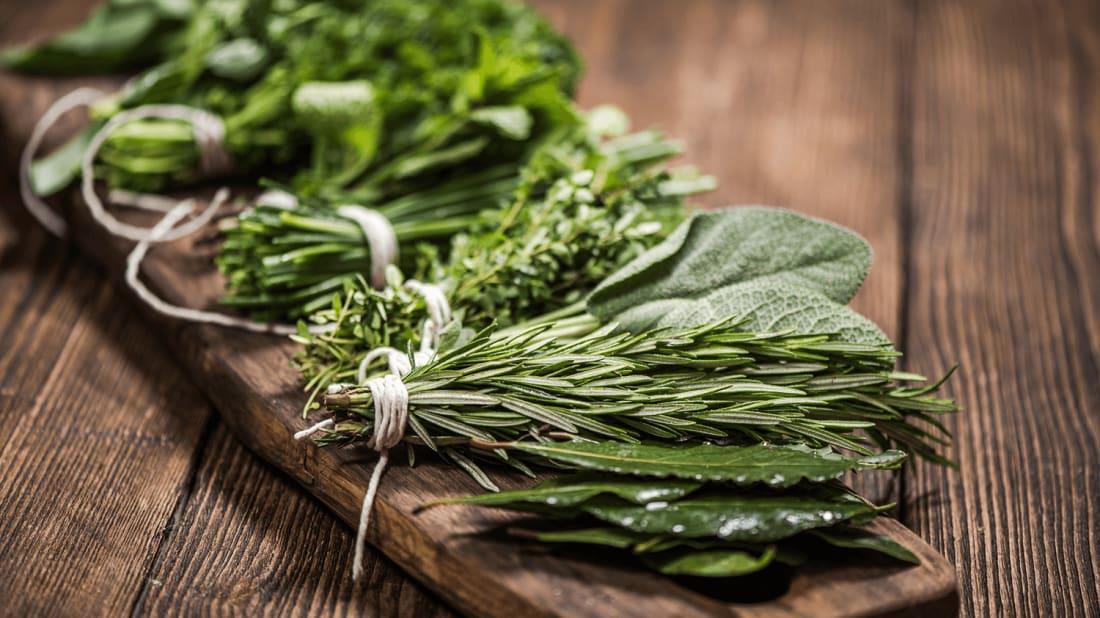 |
Join 10,000 Students Who Have Learned Herbs with Michael and Lesley Tierra - East West School of Planetary HerbologyLearn herbs from respected professional herbalists offering world-class herbalist training. The NEW Professional Herbalist Course includes courses on over 600 |
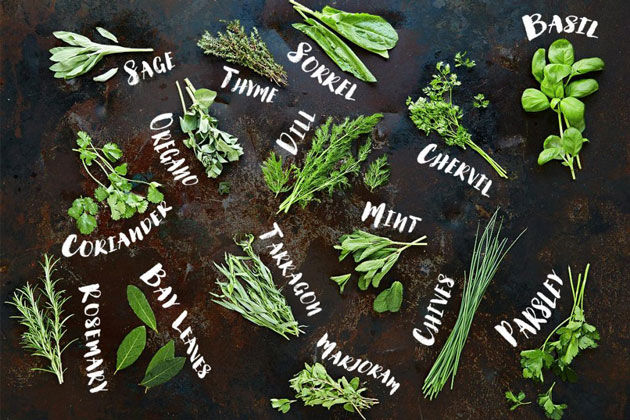 |
How to Get Your Hands on TurmericTurmeric is one of the best natural remedies available for many ailments, from arthritis to cancer. Its properties are known for its powerful.. |
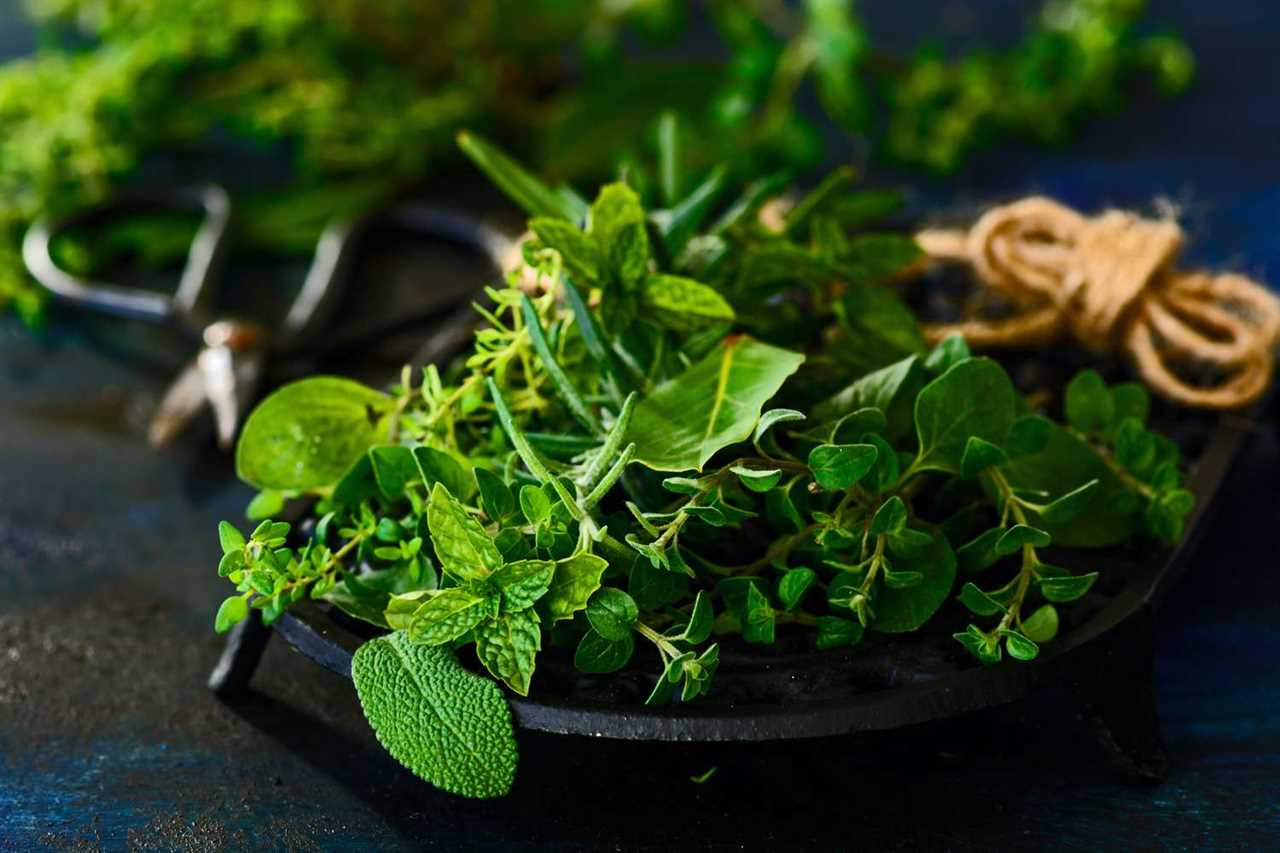 |
Slippery Elm and EssiacSlippery elm is native to eastern North America and has numerous uses, including the treatment of GERD and irritable bowel syndrome. However,.. |
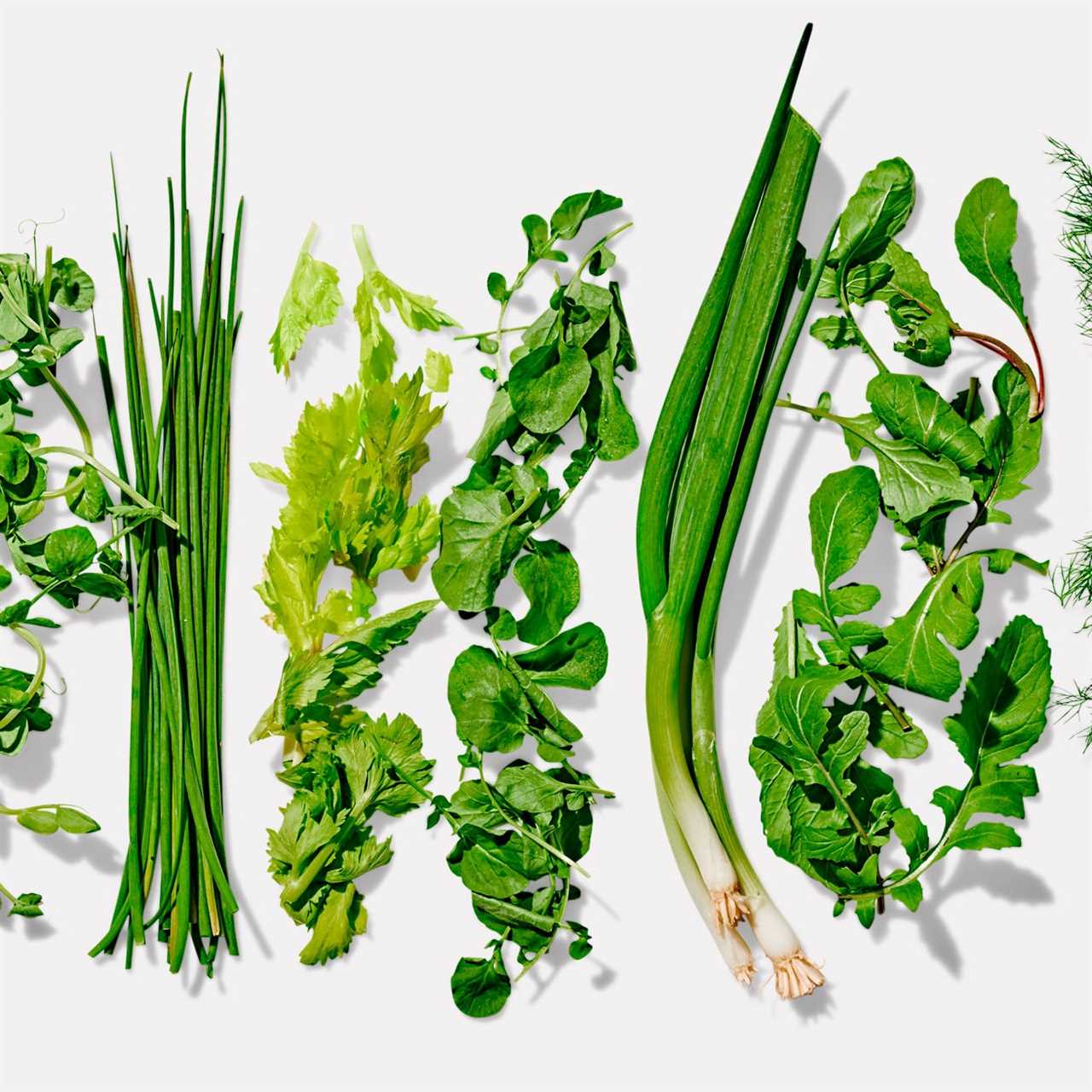 |
Health Benefits of DillDill is an annual herb in the celery family Apiaceae. It is the sole species of the genus Anethum and is widely cultivated in Eurasia. The herb is.. |
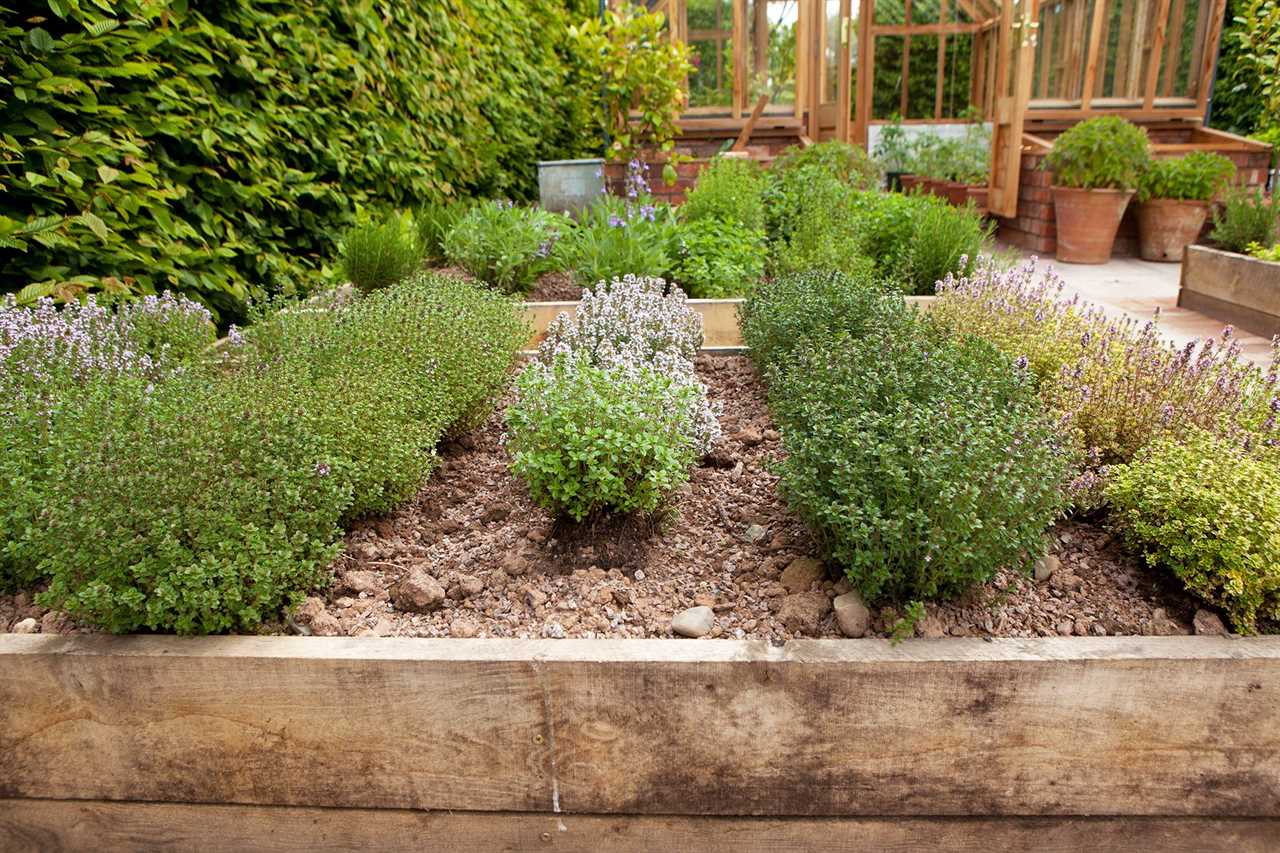 |
Licorice Root Benefits and Side EffectsLicorice is a flowering plant of the bean family, Fabaceae, and it is used as a sweetening agent. The root of Glycyrrhiza glabra is extracted for its |
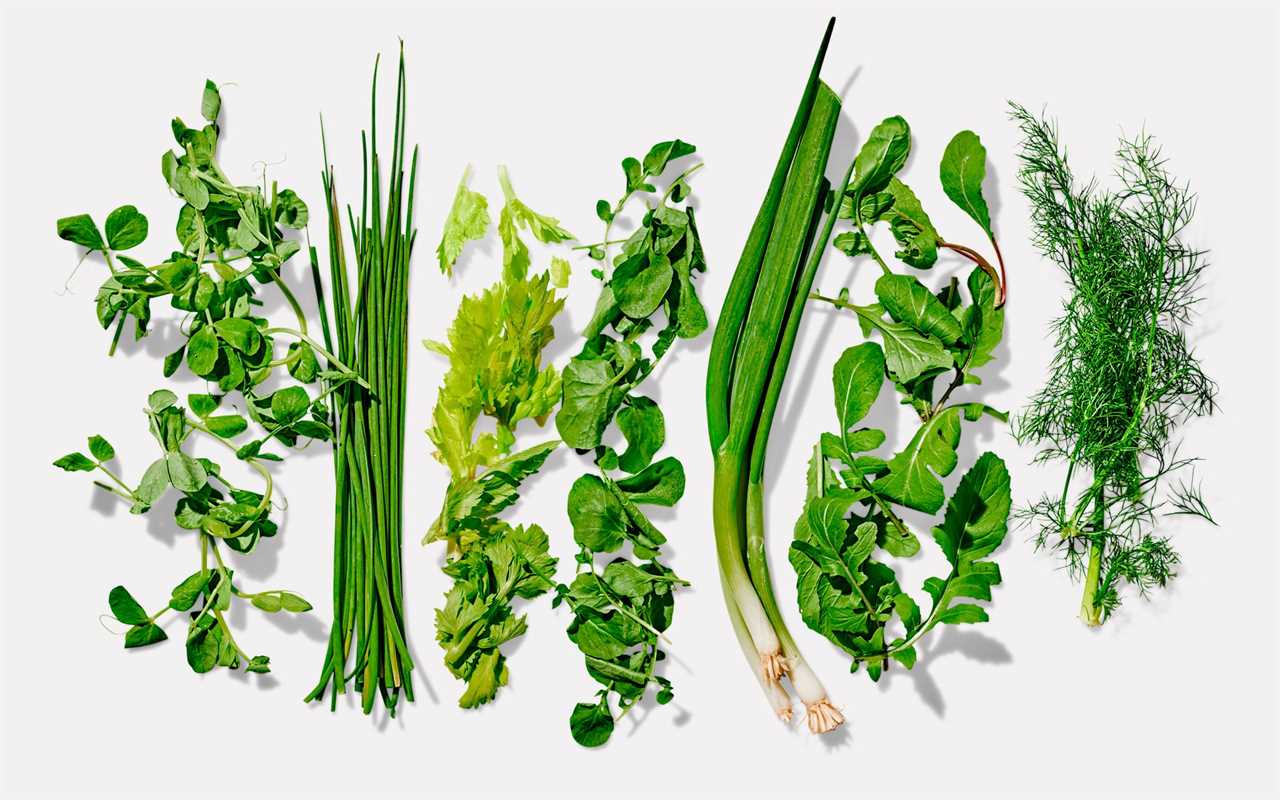 |
What Are the Benefits of Green Tea?Whether you're trying to lose weight or simply feel better, green tea is a great way to get the benefits you're looking for. It contains catechins.. |
 |
The Best Way to Chop Fresh HerbsTo properly chop fresh herbs, you should purchase them in a deep green color and smell fresh. You should then wash them well under running water and.. |
 |
Seasoned Baby PotatoesIf you're looking for a recipe for seasoned baby potatoes, you've come to the right place. Learn how to make seasoned potatoes with herbs and spices, |
 |
Health Benefits of Italian ParsleyBefore using Italian parsley, rinse it thoroughly under cool water. This will help remove any dirt or dust that may be attached to the leaves. Wrap.. |
 |
The Benefits of Herbal TeaHerbal teas are made from the infusion of plants and other plant materials. They are also known as herbal infusions or tisanes. Although there are.. |
 |
Herbs in Pots - How to Grow Delicious Herbs in PotsThere are many things to know when growing herbs in pots. The growing conditions, Containers, Soil amendments and watering are just a few of the.. |
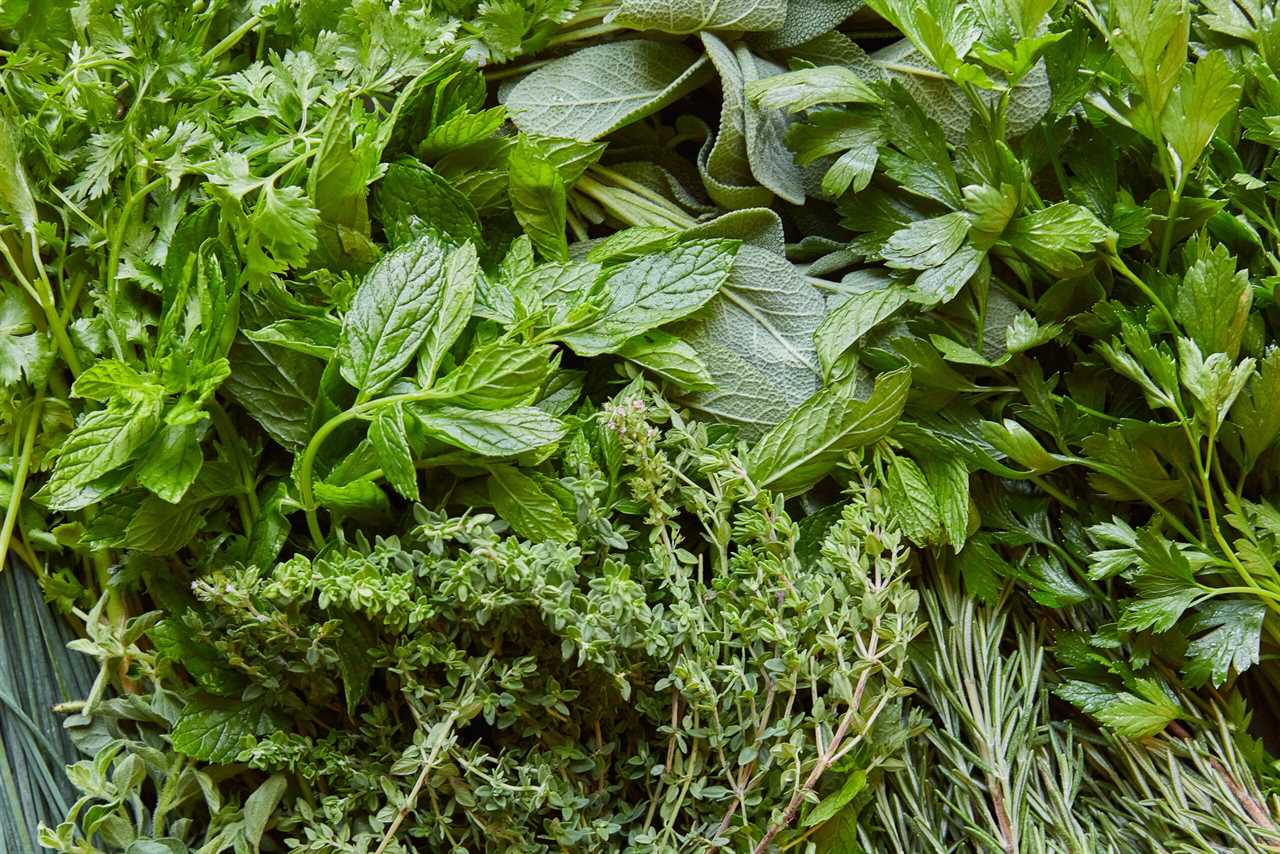 |
Choosing Annuals For Your Herb GardenIf you have ever wanted to have an herb garden, it is important to know that there are several important factors to keep in mind. Herbs require good.. |
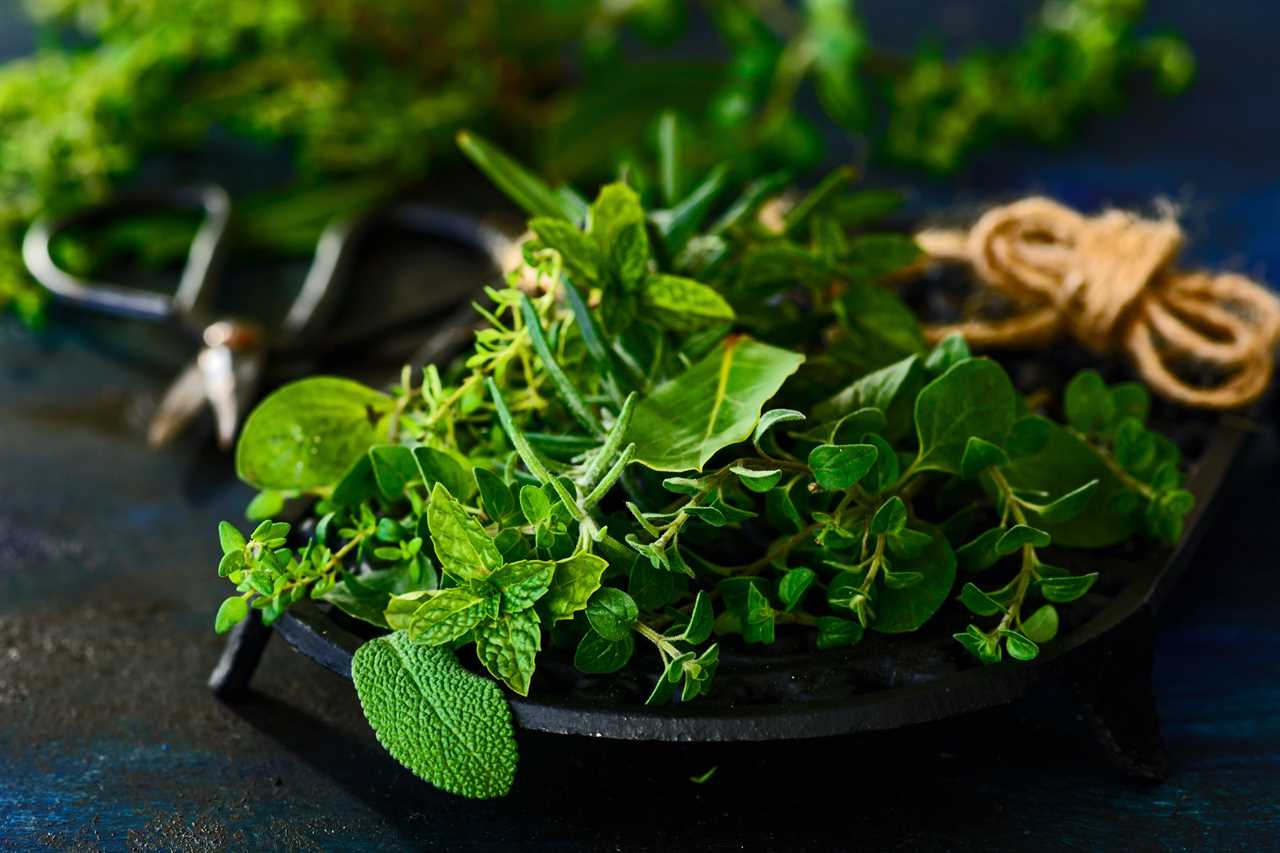 |
Home of HerbsFind out more about herbs and how to use them |
 |
The Advantages of Substituting Dried Herbs For FreshThere are many advantages to substituting dried herbs for fresh. They are cheaper, more potent, and less dusty. These are the reasons that I prefer.. |
 |
Substitute For Dried ParsleyIf you want to make a recipe without parsley, try using cilantro, dill, oregano, or sage instead. They are all delicious substitutes for dried.. |
 |
Herbs That Grow in WaterThere are several types of herbs that grow in water. These include Cilantro, Thyme, Oregano, and Lavender. Here are some tips to help you grow these.. |
 |
Perennial Herbs For Zone 4If you're in Zone 4 and are looking for perennial herbs, lemongrass and thyme are great choices. These plants thrive in cooler climates and can be.. |
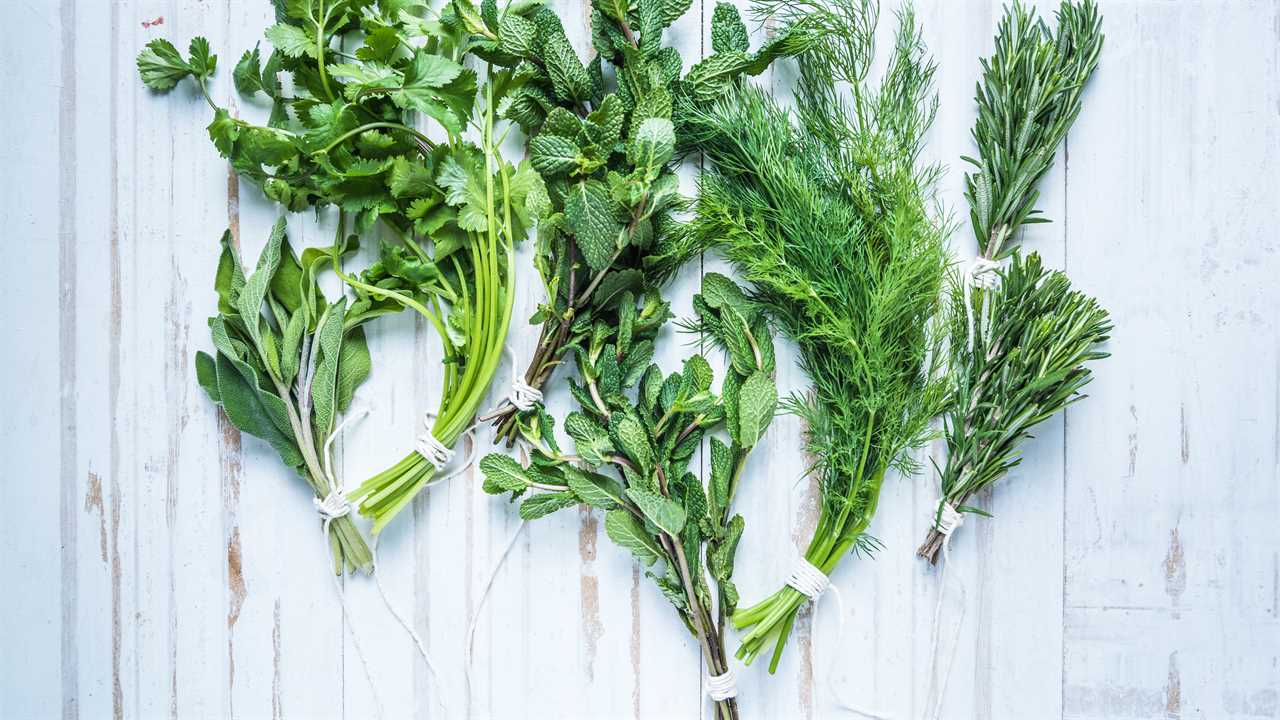 |
Tips For Growing MenthaA mint plant is a great choice for a water garden or small water feature. They have light lavender flowers, dark green leaves with purplish veining,.. |
 |
Medicine From PlantsThe use of medicine from plants has long been an essential part of traditional Chinese medicine. This ancient practice involved a wide range of plant |
 |
Ayurvedic Medicine Side EffectsAyurveda is an alternative medicine with historical roots in the Indian subcontinent. While its theory is considered pseudoscientific, it is still.. |
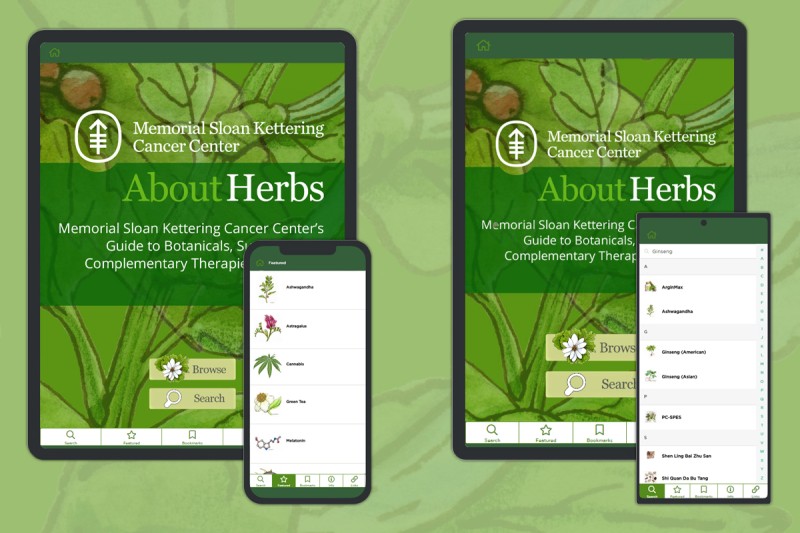 |
Growing Herbs IndoorsGrowing herbs indoors has a number of benefits, including increased yield and reduced watering. It can also be beneficial for people who are.. |
 |
6 Herbs High in MagnesiumMagnesium is an important mineral that plays an essential role in heart, brain, and musculoskeletal health. Since magnesium is required ... Read more |
 |
Citrus Bergamot vs. Red Yeast Rice: Similarities & Differences ExplainedCitrus bergamot and red yeast rice are two herbs compared to each other due largely to their potential to reduce ... Read more |
 |
Citrus Bergamot vs. Bitter Orange: Similarities & DifferencesCitrus bergamot and bitter orange are both popular herbs with health benefits for metabolism and weight loss. However, they both ... Read more |
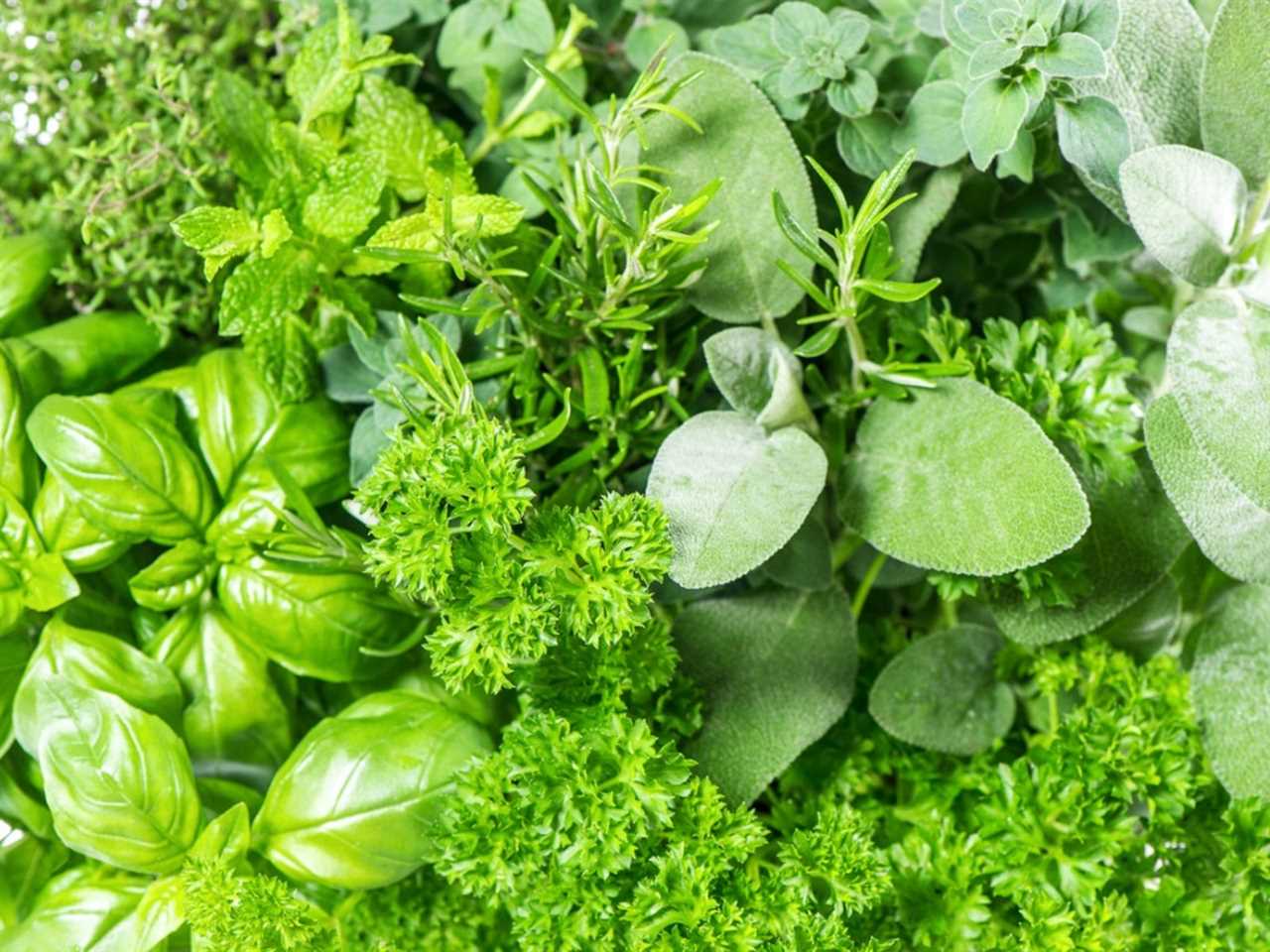 |
The Cup of LifeLike life, tea is what you make of it and The Cup of Life helps individuals enjoy tea in more than one way. Join me on my tea adventures through my blog! |
 |
6 Herbs High in ZincZinc is an important trace element that contributes to immune function, tissue repair, and gene synthesis. Since zinc is involved ... Read more |
 |
5 Herbs High in PotassiumPotassium is a mineral that plays a crucial role in maintaining overall health and wellness, especially for muscle and nerve ... Read more |
 |
Feb 14, How to Use Ground Ivy with Val AlcornIt’s always exciting to hear about a little-known herb with powerful medicinal action. Join this conversation about ground ivy with Val Alcorn! |
 |
Feb 21, Benefits of Calamus Root with jim mcdonaldJoin me and my friend and herbalist jim mcdonald as we discuss the benefits of calamus root, including clearing away mental cobwebs and enhancing your focus. |
 |
Mar 1, Cottonwood BenefitsJoin me in this episode all about cottonwood and find out why it has been used as medicine and to make a variety of tools for thousansa of years! |
 |
Mar 7, The medicine of calamus root (rhizome) and leaves with Karyn SandersIt was an honor and a deep pleasure to have this informative conversation about calamus root benefits with Karyn Sanders. Join us in this new episode! |
 |
Mar 14, Dandelion with Nancy PhillipsLet's sit down and discuss dandelion with herbalist and author, Nancy Phillips |
 |
Delicious Elderberry Syrup Gummies for Cold Flu & SleepElderberry syrup is immune enhancing and protective against colds and flu. It’s one of my favorite natural remedies for avoiding or beating the flu. These flu |
 |
Helpful Plant Remedies For Anxiety And StressFeeling anxiety and stress lately? Are you feeling frustrated and wish you could just find a way to relax? Do you find that your heart is usually beating |
 |
Tomato Tea, A Natural Cold and Flu RemedyThis tea really works! You can literally feel your sinuses opening up. It’s an immune booster so even if you’re not sick drink this when others around you are |
 |
What Are Digestive Bitters And Should You Take Bitters?Bitters are a drink you sip before a meal to aid in healthy digestion. Traditional diets contained bitter foods because of their digestive action. The bitter |
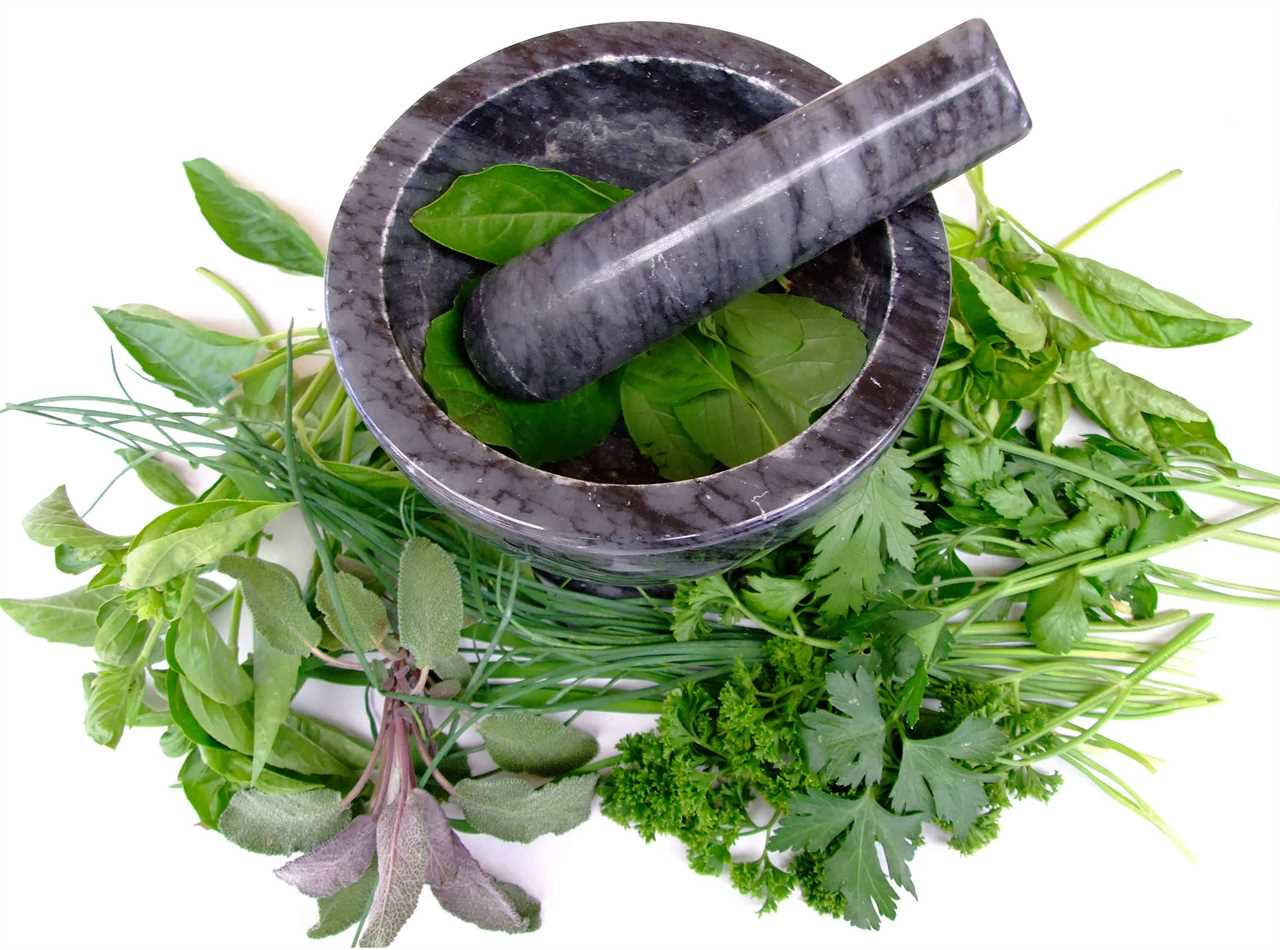 |
Tony Gebely · Tea Epicure · Taste DifferentlyA tea assessment platform that rates teas based on objective quality markers and a sensory evaluation resulting in a list of the best teas produced each year. |
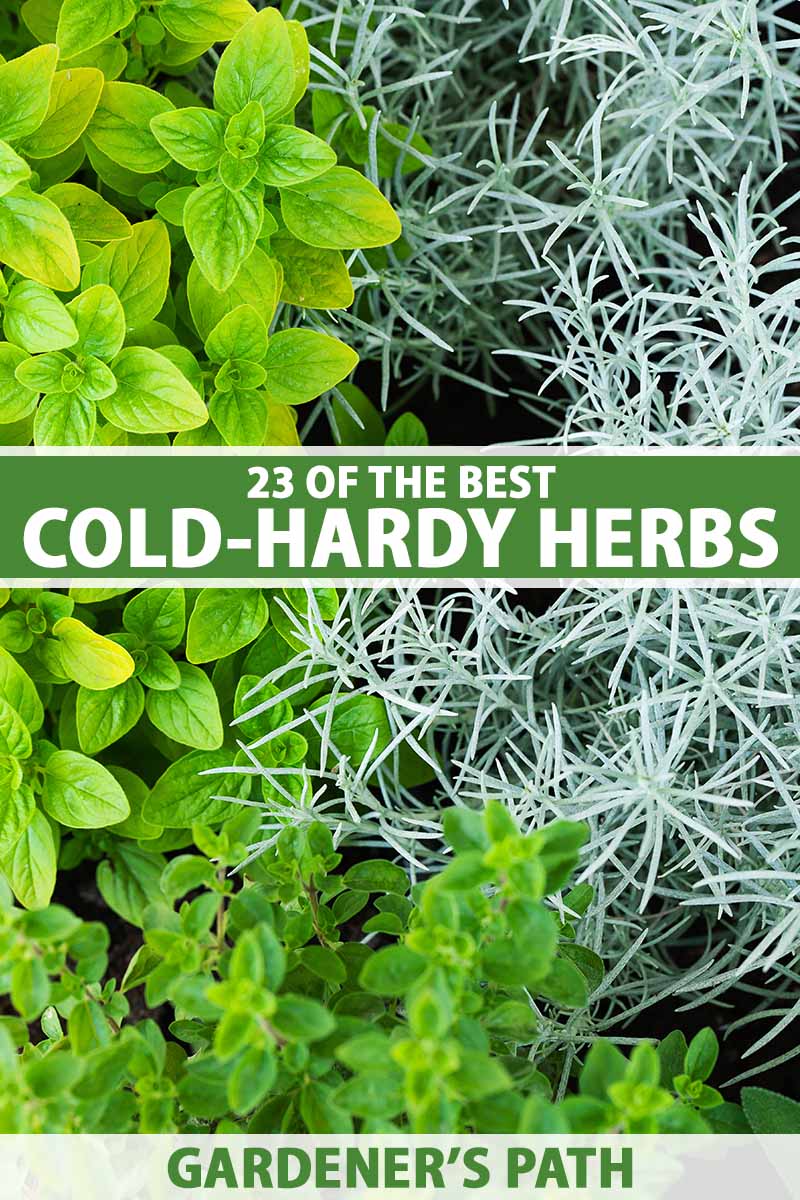 |
Motherwort Has Amazing Benefits For Your BodyMotherwort (Leonurus cardiaca) is found growing in the wild in vacant lots and gardens. It’s easy to spot as motherwort grows to a height of 5 feet and has |
.png)





